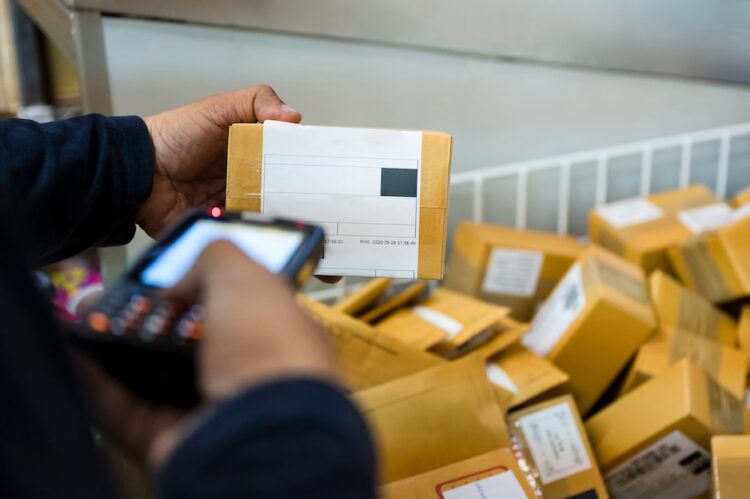WASHINGTON — Today, U.S. Customs and Border Protection (CBP) began enforcing President Donald J. Trump’s Executive Order ending the de minimis loophole. This decisive action shuts down a pathway long exploited by criminals to move fentanyl, counterfeit goods, and unvetted imports into the United States without duties.
“CBP is ready to enforce,” said Rodney Scott, Commissioner of U.S. Customs and Border Protection. “For too long, this loophole handed criminal networks a free pass to flood America with fentanyl, fake goods, and illegal shipments. Those days are over. We are securing the border, restoring fairness to trade, and protecting American families.”
Advance warning and global readiness
Ending the de minimis loophole follows months of public notice and preparation. In April, President Trump announced the suspension of de minimis for China and Hong Kong, effective May 2, and he unequivocally indicated that he would suspend de minimis globally once the Secretary of Commerce informed him that adequate systems were in place for worldwide enforcement. In July, after being informed that adequate systems were in place, the president ordered the suspension of de minimis globally, effective August 29.
Ninety-five percent of all de minimis shipments are handled by either general cargo carriers or express shippers such as FedEx, UPS, and DHL. Industry has already adapted to the changes with minimal interruption. Postal operators, including Royal Mail, have resumed shipments after brief system updates, proving the process works.
“This change has been months in the making, and we are fully prepared to implement it,” said Susan S. Thomas, Acting Executive Assistant Commissioner for CBP’s Office of Trade. “Foreign carriers and postal operators were given clear timelines, detailed guidance, and multiple options to comply. The only thing ending on August 29 is the pathway that has been used by criminals to exploit America’s borders.”
De Minimis and CPSC eFiling
According to the CPSC eFiling website, the recently passed eFiling requirement set to go into effect as of July 8, 2026, states that any product requiring certification must have an eFiled certificate, regardless of the value of the imported shipment. There is no Section 321 (also known as de minimis) shipment exemption for eFiling.
Just so you know, Disclaim PGA Message Sets are not required for any imported shipments, including Section 321 (de minimis) shipments. However, CPSC encourages importers to file Disclaim PGA Message Sets for the potential benefit of improving their risk score.
See the Full release by CBP and deminimis shipments here.

